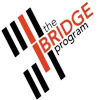About Us
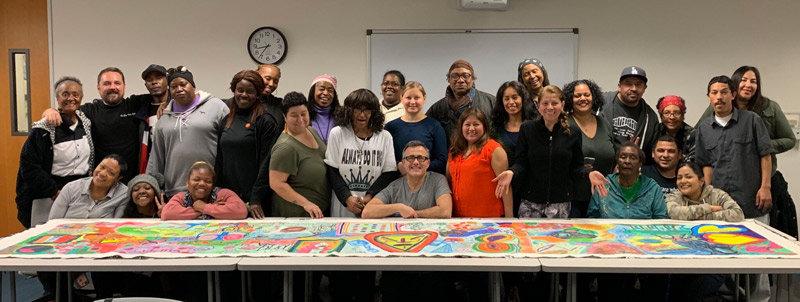
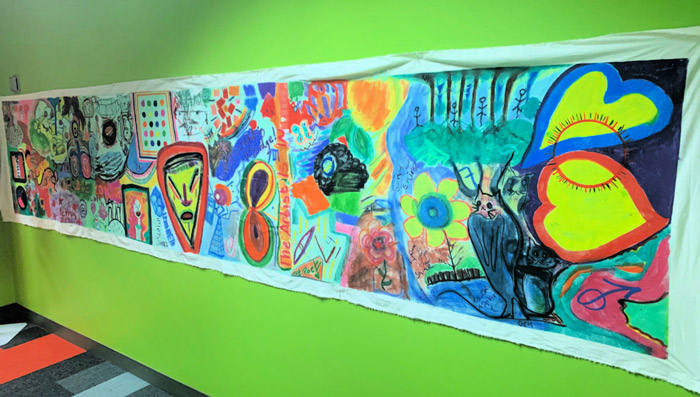
Our Mission
Mission & Vision
Bridge creates a community of learners who inspire:
- Continuous learning
- Critical and creative thinking
- Civic agency and activism
Resulting in an expanded horizon of possibilities
Antioch University’s Bridge Program changes lives and cultivates educational justice by providing a one-year college credit humanities curriculum at no cost to low-income adults.
Bridge Partners
Meet our amazing team.
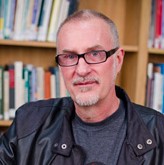
David Tripp, PhD
Founder
In September of 1999, David designed and then served as Founding Director (1999-2006) of an innovative new program that brings courses in the humanities and writing arts to the poor and working poor of Los Angeles. Working closely with Blair Smith (former Administrative Director of CHE/Bridge), David developed the Community Humanities Education (CHE) program (now the Bridge Program).
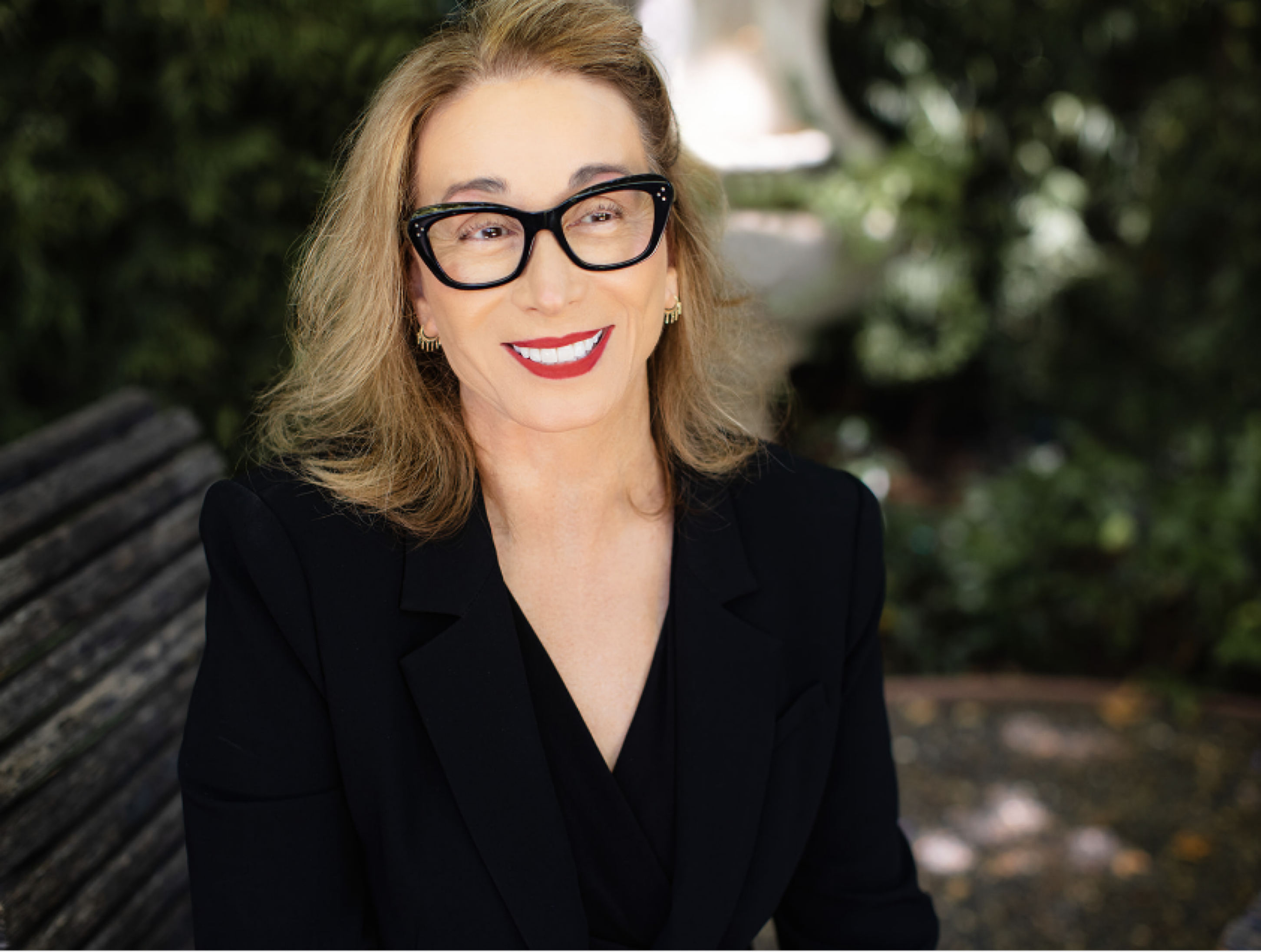
Shari Foos, MA, MFT, MS
Founder
In 1999, Foos co-founded the Bridge Program at Antioch University Los Angeles, an accredited Humanities program provided free for adults without access to higher education. She is also an adjunct faculty member at Antioch, where she teaches The Narrative Method.

Russell E. Thornhill
Co-Director
Russell is a progressive theologian, liberated Biblicist, and social justice advocate who has a profound love for his family and proclaims the love of the Creator for everyone. Russell has worked in the nonprofit arena for 20 years and is on the AULA Teaching Faculty in nonprofit, and is the Co-Director of the Bridge Program.
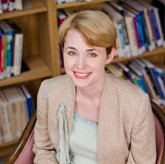
Kathryn Pope, MFA
Co-Director
Kathryn completed her graduate work in Antioch University’s MFA program. Her teaching has covered a range of writing, education, and literature classes, covering topics of composition, language, research, literature, and creative writing. Kathryn is a core faculty member in the Undergraduate Studies Department at Antioch University, as well as Co-Director of the Antioch University Bridge Program.
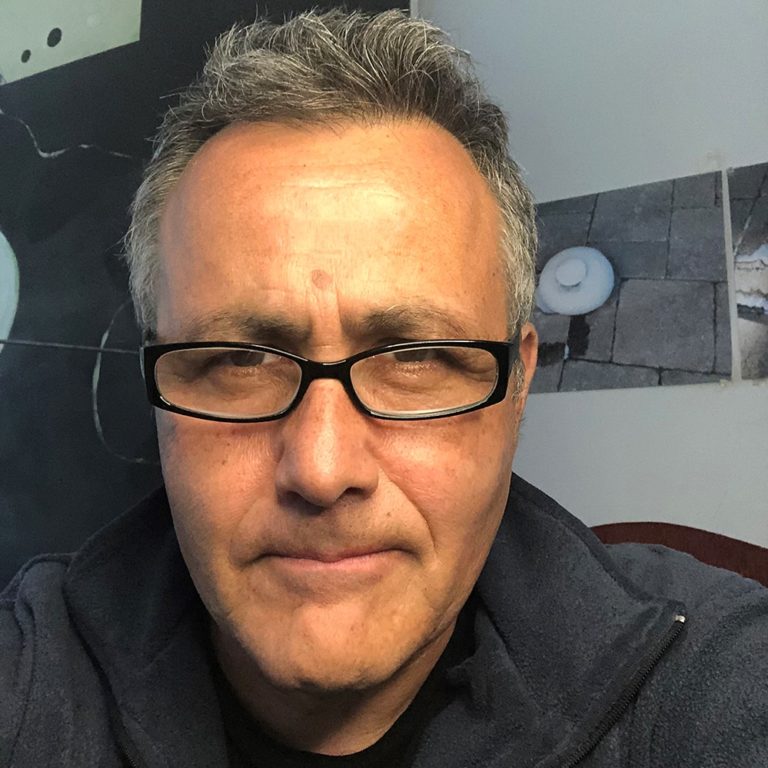
Fabián Cereijido
Faculty
I am an artist, educator, and writer born in Argentina, living in the US since 1984. Before moving to the US, I lived 8 in Mexico as an exile. My video installations, drawings, and sculptures, which have been exhibited in museums and galleries in the US, Mexico, and Argentina, deal with fictional trips in milk and everyday rituals.
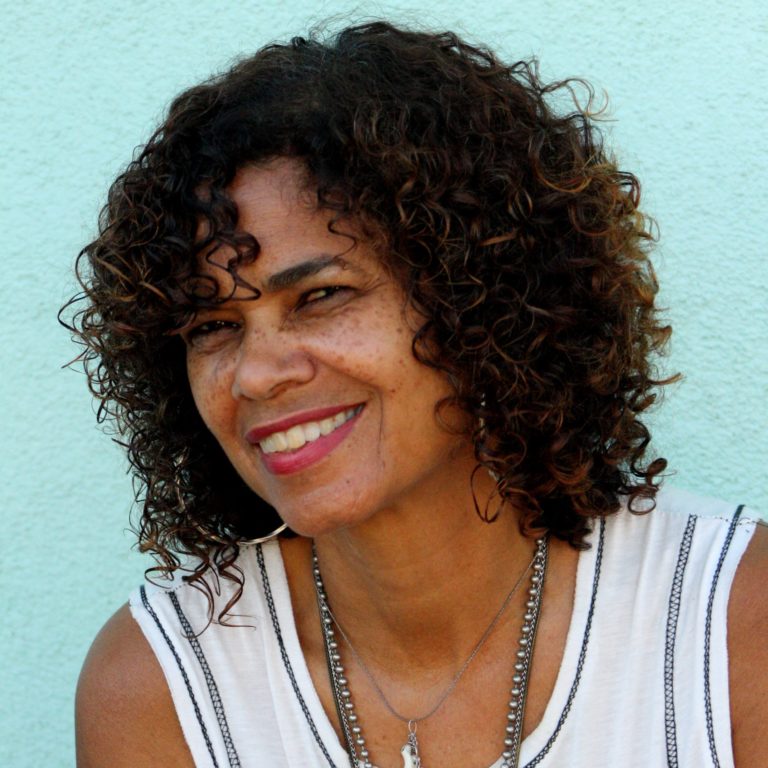
Erin Aubry Kaplan
Faculty
Erin Aubry Kaplan is an journalist and author who has been writing about race, politics, culture and identity since 1992. She contributes regularly to the opinion pages of the New York Times and Los Angeles Times, and in 2007 became the first African American weekly opinion columnist in the paper’s history. In addition to teaching literature and writing for Bridge, she has taught in Antioch’s MFA writing program (creative nonfiction).
